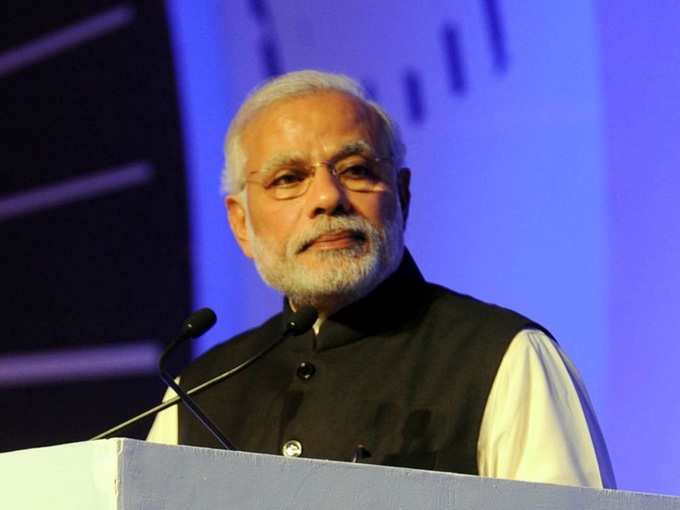 It’s the payback time. The common man who bet all he had on a single horse last year, accepted a rather hurried budget that was presented by the ‘fresh’ government last time. This time around, the expectations have risen and clearly so. The ‘aam junta’ of India is now seeking return favours, and the big question is: how ready is the government to meet the aspirations of common man without inviting any retribution?
It’s the payback time. The common man who bet all he had on a single horse last year, accepted a rather hurried budget that was presented by the ‘fresh’ government last time. This time around, the expectations have risen and clearly so. The ‘aam junta’ of India is now seeking return favours, and the big question is: how ready is the government to meet the aspirations of common man without inviting any retribution?Last year’s budget had reasons to cheer, though the expectations were that the government would deliver a somewhat flowery budget for the general public. Women’s safety was being talked about, senior citizens were being referred to; and most importantly, on personal tax front, individual tax payers had a lot to raise a toast for themselves. Reference to
To increase the level of savings, the investment limit under Sec 80C was hiked, encouraging citizens to pool in their resources that would in turn help the government meet its fiscal needs to arrive at the infrastructure investment.
The euphoria that gripped the entire nation during 2014 Lok Sabha elections is very much alive, even to the dismay of those who had expected a cryptic reaction to last year’s hurried budget.
Having rested their hopes on the Modi regime that’s a few months old by now, people are expecting this time the government will address their needs and aspirations. There is also high expectation on policy level changes that have been counterproductive to investments, savings and increased red tapism, which is hindering the growth of industries. A significant change is expected from the government’s side to make the common man’s life better than before.
In the last few months, the government has adopted several measures to correct the policy logjam to speed up reforms on both FDI and structural front. This has resulted in increased participation from private parties, with progressive rejuvenation of investors’ confidence on Indian equities.
But, mind you, the common man wouldn’t care about the details, though the devil lies in it. The man on the street isn’t bothered about the fine print. All he wants to know is whether he will be paying more taxes than before, and if they would be reduced this year, and what kind of investments can he make to protect his family from losing money. Of course, the property rates are a concern too, and so is the price of essential commodities with
Last year, and this year too it has been a lucky ride for the government which has reduced petrol and diesel prices. Thank stars that the international oil prices have come down and this is a universal phenomenon.
What’s pinching the middle class is the stagnant price of products. Their price is not reduced because manufacturing costs have remained stable at a high, and have not come down since last year.
Now, when domestic savings rate has been on a regressive fall, it will really hurt the middle class unless the government finds a way of addressing it through the budget. Because, unless the country’s savings rate goes up, it could boost the GDP growth at the best. The government should aim at restoring domestic savings, after having encouraged the common man to pool in his money under various savings headers, through tax incentives.
The common expectation of salaried class now is the hike in
With every passing year, working women’s participation in country’s
Addressing senior citizens’ pension funds and extension of health insurance plans to ensure better returns will put the government on good stead.
Image: PIB